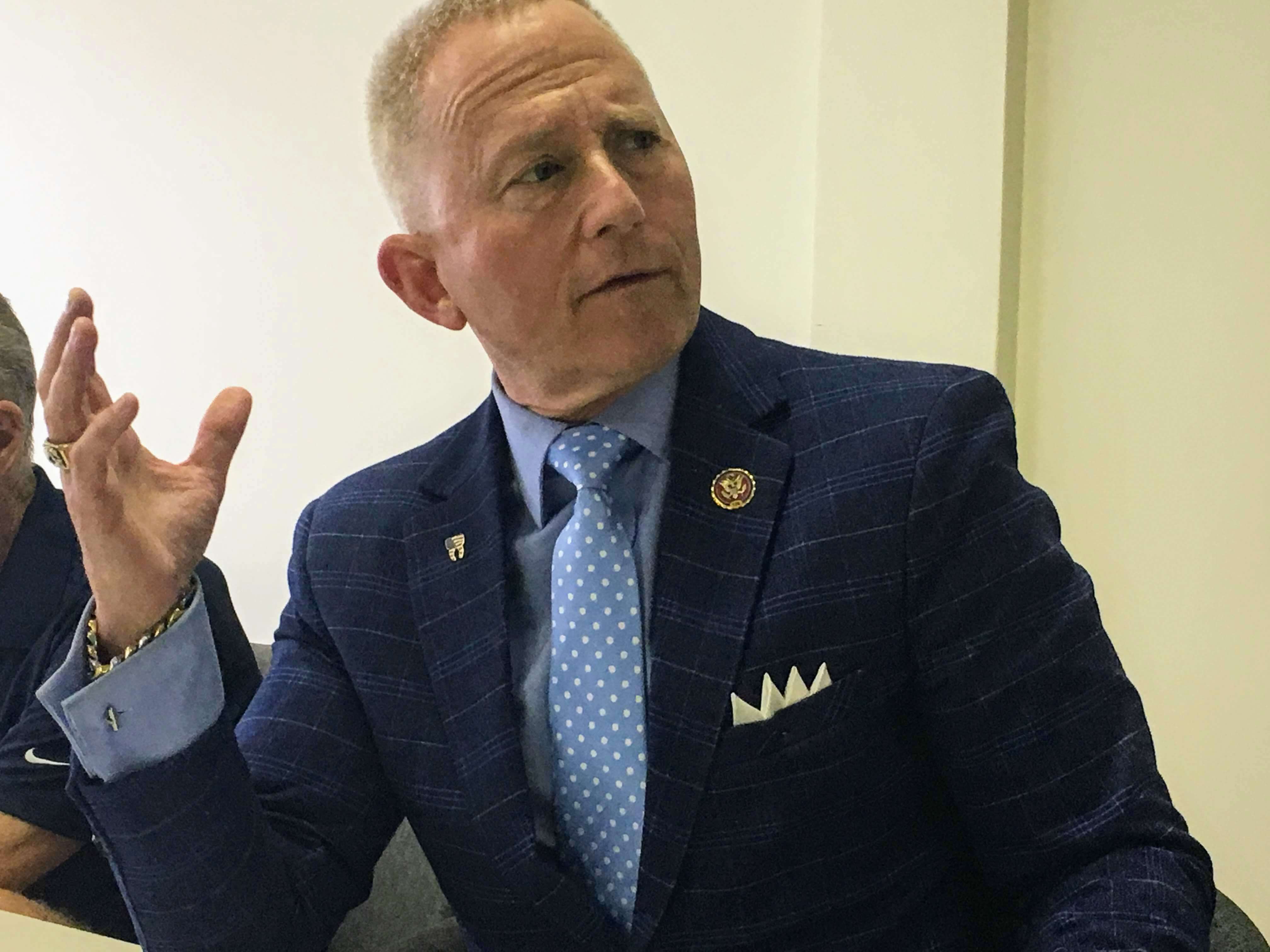WASHINGTON, DC – On the eve of the April 15 federal income tax filing deadline, U.S. Sen. Cory Booker (D-NJ) introduced the Tax Refund Protection Act of 2015, a bill that seeks to improve consumer protections against predatory tax refund products by strengthening disclosure and oversight regulations on certain tax preparers, making those who offer some tax products and services to hardworking Americans more accountable.
“Each tax season, far too many low-income taxpayers fall victim to deceptive tax refund products with unfair rates and fees that dig deeply into their overstrained budgets. These taxpayers need and deserve better,” Sen. Booker said. “This legislation would authorize the CFPB to regulate the tax-time marketplace for financial products in order to eliminate harmful practices and protect taxpayers.”
Specifically, Sen. Booker’s Tax Refund Integrity Act:
· Provides the IRS with statutory authority to regulate tax preparers– In 46 states, paid tax preparers are not required to meet any minimum educational or training standards. A 2014 Government Accountability Office (GAO) review found that only 2 of 19 (11%) of paid tax preparers that GAO tested undercover prepared a return correctly.
· Mandates the Consumer Financial Protection Bureau (CFPB) to regulate misleading and unnecessary tax refund anticipation agreements– According to the National Consumer Law Center, approximately 22 million taxpayers obtained a refund anticipation check (RAC) in 2014, an increase of 17% since 2011. The total amount consumers spent on these products rose to $848 million. The vast majority of these consumers — 83% in 2014 — were low-income, and 50% were EITC recipients, meaning over $420 million intended for the EITC actually was directed to tax preparers.
· Limits the amount of costly fees that can be added on to tax refund anticipation agreements– Prices of these products continue to increase – This year, RACs were generally offered for between $25 and $60 for a federal refund, with an additional $10-13 charge for a state tax refund.
· Strengthens disclosure requirements related to tax refund anticipation agreements – These products are generally not faster than the IRS at providing taxpayers with their refunds, and can result in effective APRs of over 100%.
· Brings tax refund anticipation agreements under the Truth in Lending Act – This clarifies that many of these agreements are in fact merely disguised loans or finance charges, and should be regulated accordingly.
· Limits the ability for refunds to be split, beyond with other members of the filing household – Would make it more difficult for untrustworthy fly-by-night vendors to profit off of members of vulnerable communities.
Last week, Sen. Cory Booker visited the United Way of Passaic County’s (UWPC) Volunteer Income Tax Assistance (VITA) site to thank volunteers for their work at the Financial Empowerment Zone (FEZ) and also took the opportunity to discuss his forthcoming legislation. The site, which opened in February, helps members of this community file their taxes and make smarter financial decisions for themselves and their families.
“Every dollar counts to hard-working New Jersey families. This legislation will improve consumer protections by implementing standard practices based on integrity and fairness to promote economic opportunity for all Americans,” Sen. Booker added.
So-called fast refund products generally give taxpayers their tax refund at the time of filing but at high cost, often only a few weeks before they would receive a refund from the Internal Revenue Service. Individuals opting for these refund anticipation agreements see their refunds drained by fees and add-on charges that are often not clearly disclosed, and not closely monitored by government consumer protection agencies. These financial products target low-income taxpayers, wasting substantial resources allocated to one of the government’s most successful anti-poverty initiatives, the Earned Income Tax Credit (EITC) program. The National Consumer Law Center reported that approximately 22 million taxpayers obtained a refund anticipation check in 2014 and spent a total $848 million on those services. Eighty-three percent of these consumers were low-income, and 50% were EITC recipients, meaning over $420 million intended for the EITC actually was directed to a subset of tax preparers.
Stone Harbor – Could the North Wildwood spouter tell us what kind of company he refers to that has already gotten tariff increases. Waiting for the reply spout!








